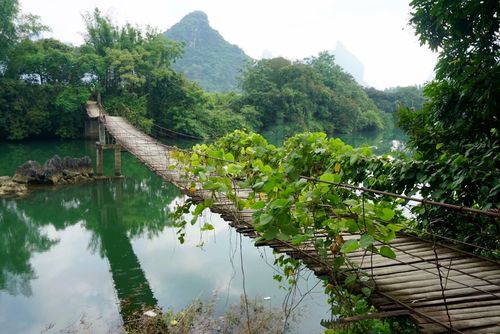El Salvador, a small Central American country rich in history and culture, is known for its vibrant traditions and customs that have been passed down through generations. From its indigenous roots to Spanish colonialism and modern-day influences, El Salvador’s cultural heritage is fascinating and diverse. In this article, we will take you on a journey through time and space, exploring the rich cultural traditions that make El Salvador truly unique.
Indigenous Roots
Before the arrival of the Spanish in the 16th century, El Salvador was inhabited by various indigenous tribes, such as the Lenca, Cacaopera, and Pipil. These tribes had their own rich cultural traditions, including unique languages, art styles, and religious beliefs. Today, El Salvador’s indigenous culture is still present and celebrated through various cultural events and festivals.
Spanish Influence
In the 1500s, the Spanish arrived in El Salvador and brought with them their own cultural traditions and customs. Spanish colonialism left a lasting legacy on El Salvador, including the language, religion, and architecture. Many of the colonial buildings and structures still exist today, such as the colonial city of Suchitoto, which is known for its picturesque streets and buildings.
Modern-Day Traditions
In modern-day El Salvador, traditional cultural practices continue to thrive. One of the most notable traditions is the Day of the Dead, a time when families honor their deceased loved ones and celebrate life. This celebration involves colorful processions, dance performances, and the creation of altars decorated with flowers, candles, and food.
Another important tradition is the celebration of the national holiday, Independence Day, on September 15th. Streets are filled with lively parades, traditional food, and music, with locals dressed in traditional clothing to celebrate El Salvador’s independence from Spain in 1821.
El Salvador’s rich cultural traditions can also be seen in its art and cuisine. Art in El Salvador is heavily influenced by indigenous and Spanish traditions, with vibrant colors and intricate designs. Salvadoran cuisine is a fusion of different traditions, with staple dishes such as pupusas (thick corn tortillas filled with cheese, beans, or meat) and tamales (a traditional Mesoamerican dish made of masa dough and filled with various ingredients).
Conclusion
El Salvador’s cultural heritage is one of the country’s greatest assets, with its rich history and diverse traditions. From its indigenous roots to Spanish colonialism and modern-day influences, El Salvador’s culture is vibrant and unique. By exploring its cultural traditions, we can gain a better understanding and appreciation for this beautiful country.
(Note: Do you have knowledge or insights to share? Unlock new opportunities and expand your reach by joining our authors team. Click Registration to join us and share your expertise with our readers.)
Speech tips:
Please note that any statements involving politics will not be approved.
